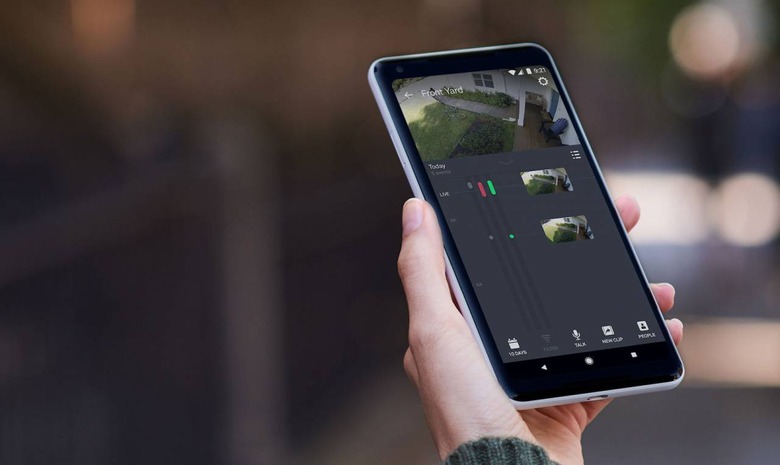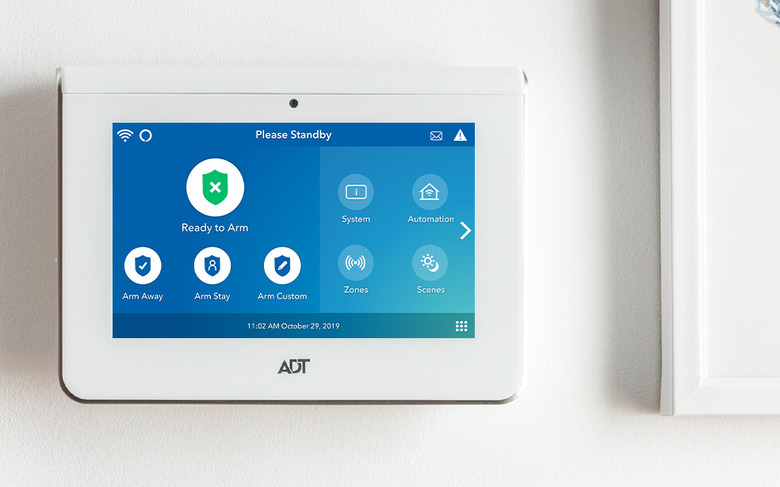Nest And ADT Team Up On Smarter Home Security Installs
Google and monitored security firm ADT have cut a deal that will see Nest products offered by pro-installers and, over time, promise more useful alerts. As part of the agreement, described as "a long-term, strategic partnership," Google will invest $450 million into ADT.
Launched back in 1874, ADT now offers professionally-installed security systems and smart home platforms. The company has a range of its own hardware – including control panels, keychain remotes, cameras, and sensors – and promises 24/7 monitoring for a monthly fee.
In contrast, Nest's security hardware – like the Nest Cameras – has been designed for DIY installation, though Google does have a network of professional installers that owners can optionally call upon. While its subscription packages do have a fee, they're designed to be self-monitored. Nest Secure, the company's home security system, offers optional 24/7 professional monitoring powered by Brinks.

This new deal with ADT will bring the two platforms much closer together. ADT will be able to sell and install Nest devices – like the company's cameras and smart displays such as the Nest Hub Max – for use inside and outside of the home. Meanwhile ADT customers will get access to Nest Aware, with intelligent alerts and up to 30 days of event history recording.
Down the line, though, is where the meat of the partnership could bear fruit. Google says that it hopes to use its machine learning systems – which help differentiate, for example, between the movement of trees versus someone walking up a path, and only fire out notifications for the latter – to improve ADT security monitoring.

"The goal is to give customers fewer false alarms, more ways to receive alarm events, and better detection of potential incidents inside and around the home," Rishi Chandra, Vice President and GM of Nest, suggests. "It will also provide people with more helpful notifications that make everyday life more convenient, like package detection."
That's all likely to be of great interest to ADT, assuming it can cut down on the number of times its human workforce need to assess an alert from one of its covered properties. Assuming Google's AI can be relied upon to filter out even just the most obvious false-alarms, that has the potential to significantly reduce the overall workload.
Google says it expects the investment to close in Q3 2020. It's unclear what will happen to those products in ADT's existing range that overlap with Nest products, such as the cameras, or indeed whether ADT customers will be able to use the service without also incurring a footprint on Google's servers.
